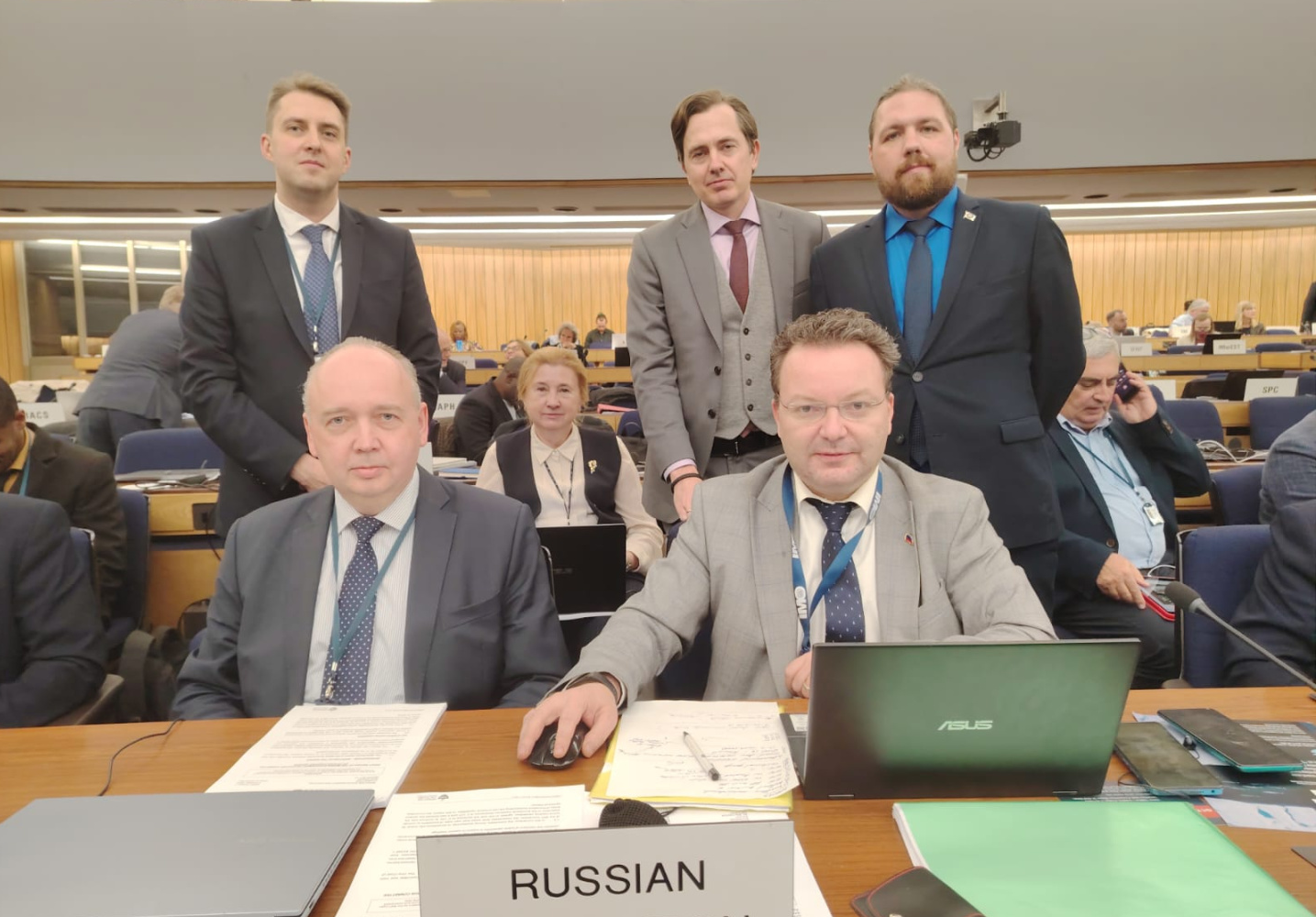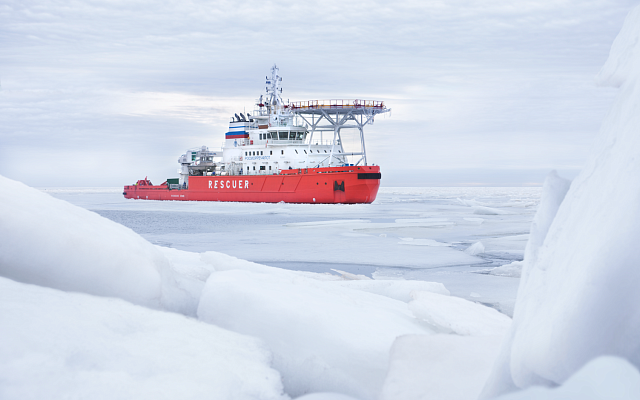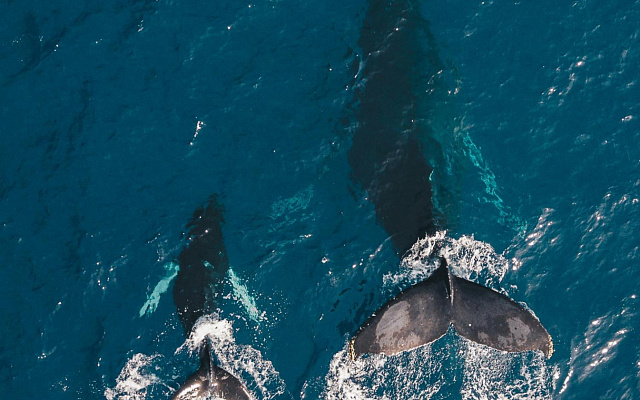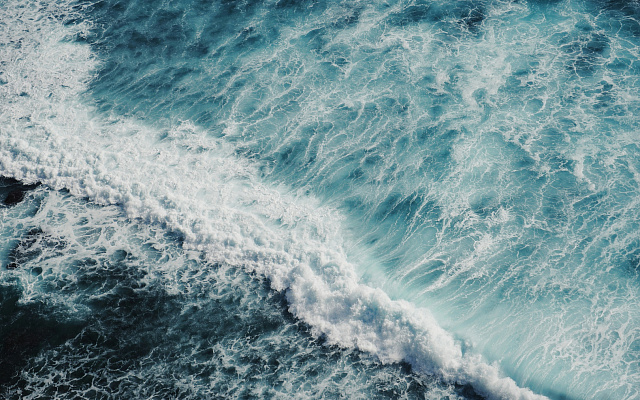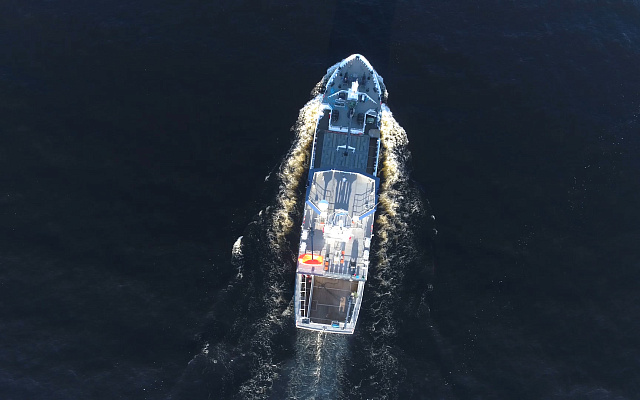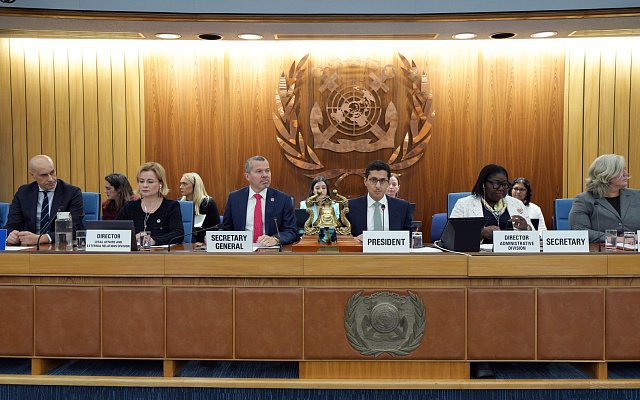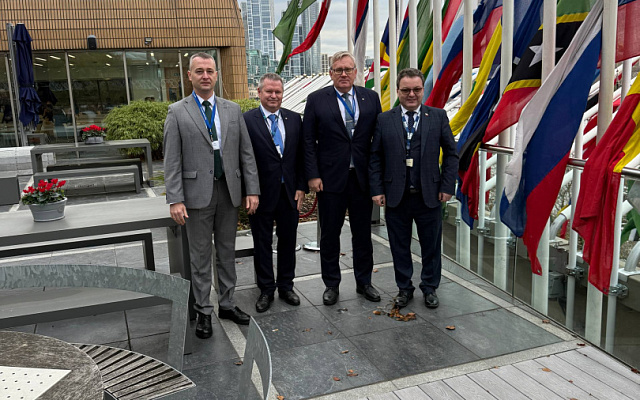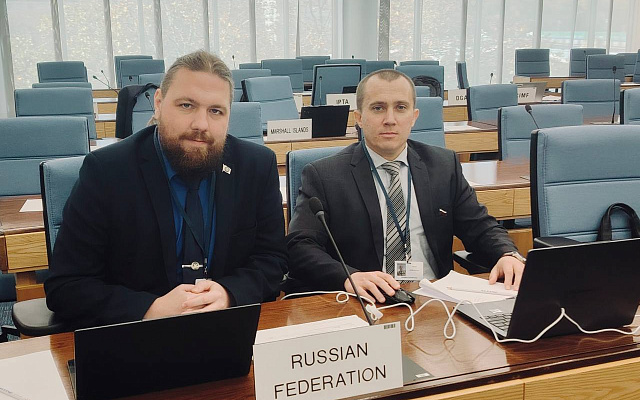As members of the Russian delegation specialists of Russian Maritime Register of Shipping (RS) took part in the 82nd session of the Marine Environment Protection Committee (MEPC 82), held from September 30 to October 4, 2024, at the of the International Maritime Organization (IMO) Headquarters in London.
A key outcome of the session was the adoption of amendments to MARPOL Annex VI for the designation of new Emission Control Areas (ECAs) for Sulphur Oxides (SOx) and Nitrogen Oxides (NOx) in Canadian Arctic Waters and the Norwegian Sea, imposing:
- stricter requirements for SOx in marine fuel applicable to existing and new ships operating in the Canadian and Norwegian ECAs as of March 1, 2026;
- more stringent requirements for marine diesel engines installed on new ships built starting from January 1, 2025 onwards that will operate in the Canadian ECAs for NOx.;
- the new three-date approach, whereby the requirements for the Norwegian ECA for NOx will apply to ships:
- contracted for construction as of March 1, 2026;
- at the keel laying or similar stage of construction as of September 1, 2026;
- to be delivered as of March 1, 2030.
The Committee also approved a number of IMO Guidelines with recommendations on certain aspects of implementing MARPOL requirements or best practices concerning environmental protection. Among such documents are two Guidelines on reducing the impact of Black Carbon emissions from ships on the Arctic which cover emission measurement, changes, monitoring and reporting.
Among others, the Committee approved recommendations on the:
- mitigation measures to reduce risks of use and carriage for use of heavy fuel oil as fuel by ships in Arctic waters;
- implementation of the Hong Kong International Convention for the Safe and Environmentally Sound Recycling of Ships;
- best management practices for the removal of anti-fouling coatings from ships;
- on board ballast water record keeping and reporting;
- type approval of ballast water management systems;
- reduction of underwater noise;
- clean-up of plastic pellets from ship-source releases.
The Committee devoted considerable time to discussing measures for the reduction of greenhouse gas (GHG) emissions from international shipping.
MEPC 82 discussed the revision of MARPOL Annex VI requirements on operational carbon intensity and began developing new requirements aimed at cutting down GHG emissions. Those new regulations would combine a technical and economic element, encompassing both a global marine fuel GHG intensity standard and a GHG emissions pricing mechanism.
Applied work on the revision of existing and the development of new MARPOL requirements will continue throughout 2025 with their entry into force set for 2027.
Detailed results of the MEPC 82 can be found under the section "Useful Information" on the official RS website.
Additional information:
Founded in 1913, Russian Maritime Register of Shipping (RS) is a world-renowned classification society that operates within all spheres of the maritime industry with the goal of improving the operational and environmental safety of marine transportation. RS reviews technical documentation, surveys ships and offshore facilities under construction and in service, certifies vessels and companies for compliance with international conventions, recognizes and certifies industrial products and manufacturers, certifies quality management systems for compliance with international and national standards.
Today, RS is actively implementing the concept "More than class" by expanding its scope of services in the field of engineering and consulting, the development of technical documentation for vessels in service, marine warranty surveys and certification. In addition, RS surveys all container types, including tank containers and offshore containers, confirms compliance of packaging for dangerous goods, as well as renders services on the declaration and certification of dangerous goods and bulk cargoes.
